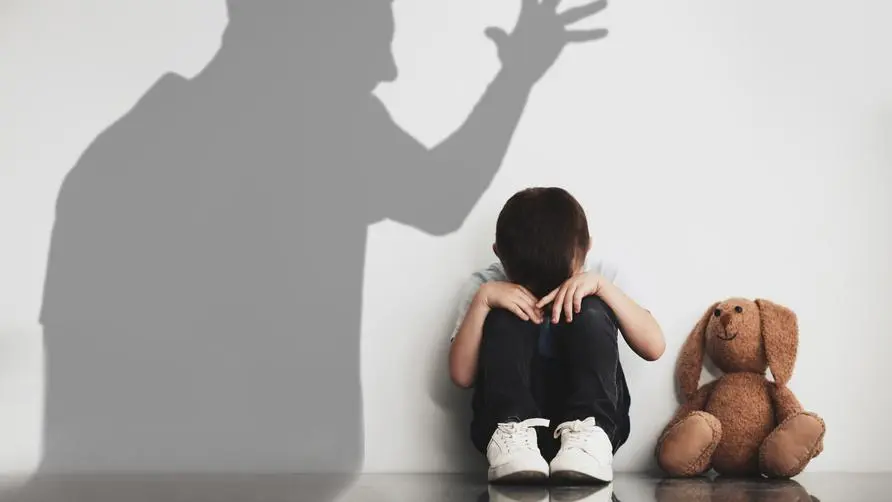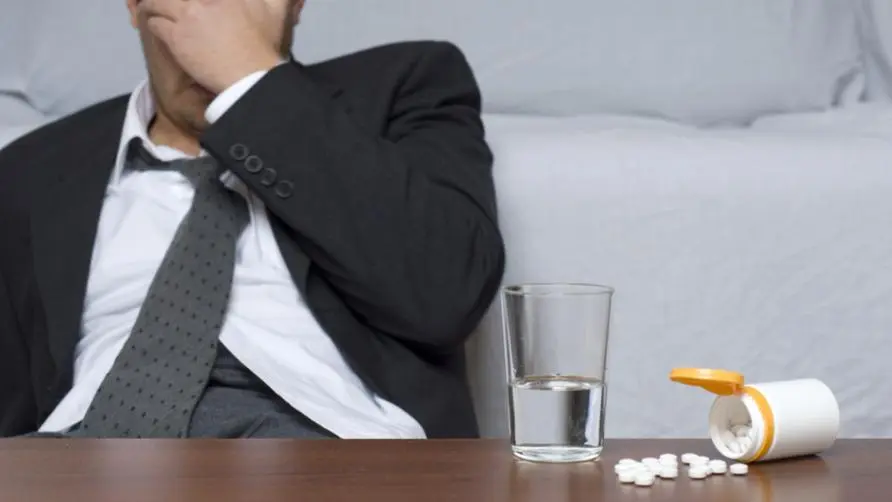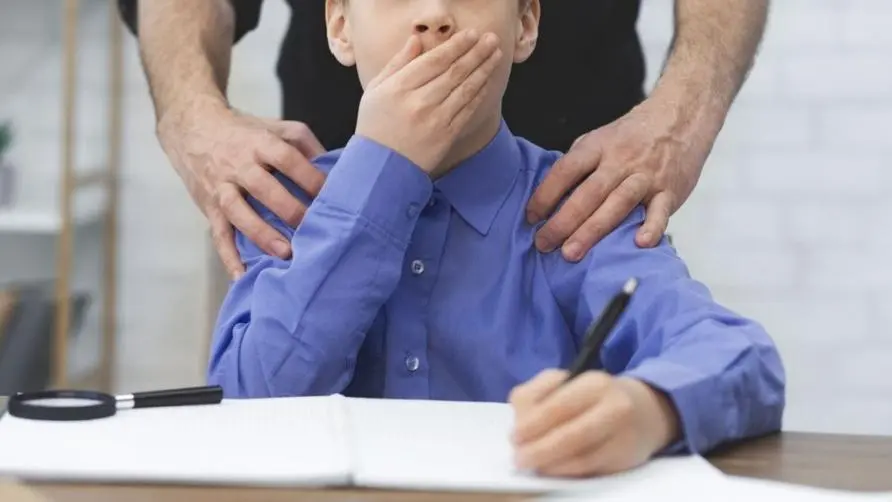Childhood trauma has lifelong consequences! Study: Young people with more negative childhood experiences are 3 times more likely to abuse drugs

The number of childhood psychological traumas is directly proportional to the risk of substance abuse
Could psychological trauma in childhood increase the risk of drug addiction in adulthood? The latest research released by the University of Georgia in the United States indicates that “Adverse Childhood Experiences” (Adverse Childhood Experiences), including parental divorce, domestic violence, lack of material life, etc., are more likely to lead to negative health in adulthood than other stressors in life. Influence.
The research team conducted a survey on negative childhood experiences and drug abuse risks among 1,402 college students. The results showed that 61% of college students said they had experienced at least one negative childhood experience. Compared with those who had no negative childhood experiences at all, the risk of drug abuse was 2.93 times higher for those who had 4 negative experiences, and 1.96 times higher for those who had 3 negative experiences, showing a positive association between the two.
Among all subjects, 78.8% stated that they had had at least one health problem in the past or present. The team believes this is one of the original links between negative childhood experiences and substance abuse, as these health problems are likely to be young people’s first exposure to controlled substances (opioids).
However, since nearly 80% of young people have been exposed to controlled substances due to health problems, why do the risks of drug abuse still vary among individuals? The research team believes that the key lies in the number of negative childhood experiences the subjects have experienced in the past. Those who had more than four negative childhood experiences had a 13% higher average rate of substance abuse.
Negative childhood experiences, not just substance abuse, may also increase risk of cancer depression
Janani Thapa, an associate professor at the University of Georgia School of Public Health, believes that negative childhood experiences may affect the likelihood that people will use controlled substances to temporarily stop pain. The team says these negative experiences are likely to affect their lifelong health, especially those who experienced more negative childhood experiences. The study concluded that to prevent young people from falling into substance abuse, we should start with the assessment and treatment of childhood trauma.
There are many studies on childhood traumatic stress and healthy physiological conditions. Many studies have shown that childhood traumatic stress, including neglect, parental divorce, parental substance abuse, physical abuse, emotional abuse, sexual abuse, etc., will increase children’s Cancer, liver disease, depression, and risky sexual behaviors in adulthood. The earlier you start using such drugs, the higher your risk of drug abuse and dependence in adulthood.
The measurement of negative childhood experiences (ACE) is mainly based on a 10-question questionnaire, including whether you have experienced parental divorce, family dysfunction, physical abuse, emotional abuse, sexual abuse, material deprivation and lack of care, and whether the living parent has Substance abuse, whether anyone living with you has depression or mental health problems, whether anyone in the family has been in prison, etc. Scientific research generally believes that those with an ACE score of 4 or above will have more worrying physical and mental health development in the future.
Both recent and past literature reviews believe that providing trauma treatment and psychological support systems to high-risk groups with negative childhood experiences will help them better cope with the psychological and physiological effects of traumatic stress, and will be more helpful. To reduce their future exposure to drug injection and the resulting risks of HIV and other infections.
source:
〈Adverse Childhood Experiences Predict Early Initiation of Opioid Use Behaviors〉





